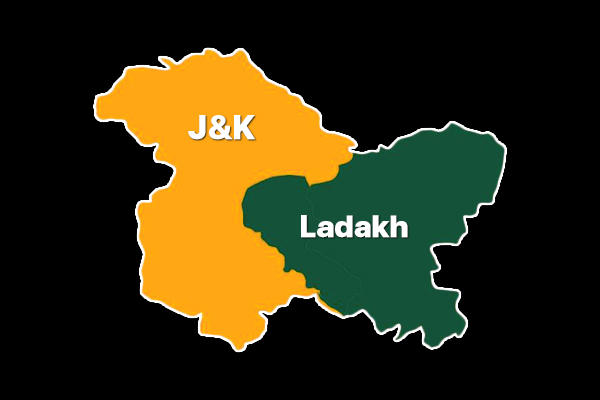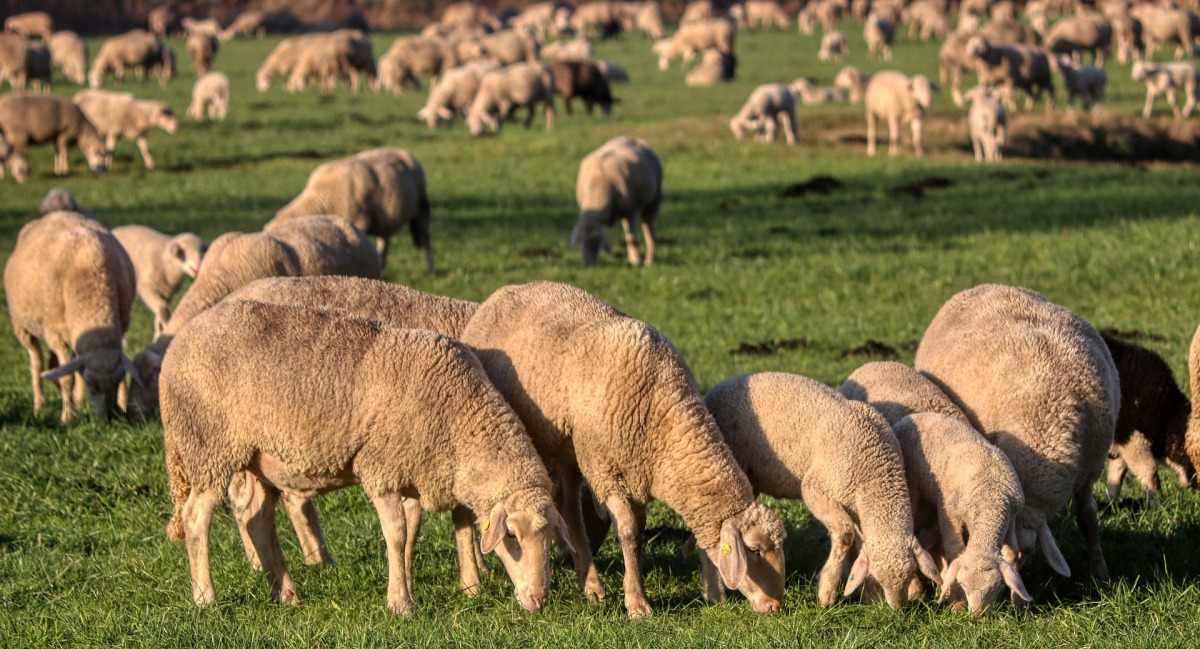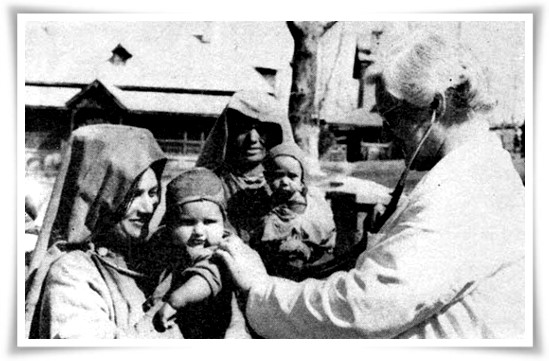I had just finished going through the two interviews, ‘The Print’ had published recently in connection with the upcoming second anniversary of the August 2019 decisions, when I decided to put together a piece on the present situation in Jammu and Kashmir.
The interviews – one with the Lt Governor Manoj Sinha and the other with the three-times former chief minister and National Conference president and incumbent Member Parliament Dr. Farooq Abdullah – create an immediate reference to the present situation in J&K. But I did not choose to focus on any of them, for the simple reason that both LG Sinha and Dr Farooq seem to miss the broader and important points, either by design or by default, or they might be ignoring the truth for political convenience as both of them talk only about the issues that support their respective positions and stances.
Indeed this has been the biggest tragedy all along that the people whose opinions matter have rarely gone beyond the pale of their immediate narrow interests to talk about what is the real PUBLIC interest. This is why this place has seen towering promises made by towering political figures getting buried without even a whimper. People have only been bombarded with overly-charged emotive rhetorical jingoism whose shrillness on the audibility scale has always remained directly proportional to their sheer meaninglessness.
Today, two years after the abrogation of Art 370 when people are told that “Kashmir has changed” or is changing – this message is targeted at two sets of audiences. One, those who live in mainland India and have largely been led into believing that before the abrogation nothing was ‘normal’ in Kashmir and that the Valley was some alien land of the political-, religious-, and linguistic-other, and ready to secede. But after August 2019, it has been mainstreamed and fully assimilated with the country. They are told that Kashmir is progressing by leaps and bounds, and that people are so happy that they do not tire of thanking their stars, besides the benevolence of the country’s leadership for having brought them out of the quagmire they were caught up in for decades.
They are also told that the unemployment rate which was touching skies has come down drastically because so many people have been benefited from the government’s largesse for self-entrepreneurial ventures during the past two years. They are also told that investments worth Rs 20,000-50,000 crores are lined up and that the investors are dying to start their ventures in J&K — its situation and location at the tail end of the country’s vital transportation links, and perennial shortages of energy, the most fundamental input needed for running the industrial super-engines notwithstanding! They are told that the grassroots democracy is prospering as the institutions at the Panchayat, Block, Urban Local Body level, barring of course the Legislative Assembly, are in place.
What they are not told is that even after being elected, the representatives of these grassroots level democratic institutions remain interned in fortified camps for the reasons of their safety and security. They are not even able to live with their own families, what good and how useful they would be to the people of their respective constituencies, should not be difficult to guess. In fact, many of these elected representatives have gone on record to vent out their frustrations with the situation of helplessness they are facing.
Of the thousands of crores worth of investments being talked about, people really do not know how much worth of land has thus far been given out in return for these promised, proposed investments. People do not know how many unemployed people who have availed loans of paltry amounts have been able to start and run business ventures; and how many of them have lost even their capital to the lack of personal competence, or a multitude of other factors such as lack of cooperation and encouragement from the government functionaries, or simply to their bad luck! Government is also silent on how many appointments have been made in government departments.
There are so many other claims that could be laid bare with the factual situational data as it exists on the ground. But, as already said, that’s not the intention!
No wonder then that the other set of audiences – the people of Kashmir – shrug off these official assertions with a mischievous wink. They no longer feel agitated or insulted, because for them this is how it has been – ALWAYS. They know that the issues and initiatives that are talked about in terms of the larger public good are actually acted upon in the real world with an eye on some selfish personal interest or goal. Aristotle was prophetic when he wrote in simple words in Politics: “Everyone thinks chiefly of his own, hardly ever of the public interest.”
Shameful it may seem to admit, but the reality is that “we operate on the basis of naked self-interest, so we desperately try to reconcile every shift of circumstances that is to our self-interest in terms of broad moral justification or rationalization,” says Saul Alisnky. With one breath we eulogize the virtues of democracy, and yet when the self-interest demands so, we do not think twice before subverting the very basis of democracy – the popular will under heavy jackboots!
People of Kashmir have lived with this reality. This is their Realpolitik. This is how it used to be when even their own people – the Abdullahs and the Muftis would be in the echelons of power, and this is how it is even today – although now it is the babu (bureaucrat) from somewhere in Uttar Pradesh, Bihar or elsewhere deciding what is or is not good; what must or must not be done; and how people must behave not only in the public but even in their private lives and spaces!
People of Kashmir have seen it happen regularly – those once called ‘Shers’ (lions as the followers of NC founder Sheikh Mohammad Abdullah would call themselves) would do it in the pockets of their influence, while the ‘Bakras’ (the goats as the followers of Mirwaiz family were called) could dictate life choices for the people in much of Srinagar downtown. Come nineties, militants started calling shots; poked their noses, and decreed and ordained everything from the colour of commercial signages to the timing people must have on their wristwatches. Then came a time when counter-insurgents backed up by the government forces (the Ikhwanis or the Nawbdies as they would be called) were the judge, jury and the executioner!
This is a cycle that has been going on, endlessly, throwing up every time in the process a different set of people, who without much effort, appropriate for themselves the right and authority to decide things for and on behalf of the people. So an ordinary Kashmiri is neither amused nor confused with the way things have evolved after August 2019.
It won’t be an exaggeration to say that much of it was already expected and anticipated once the big decision of abrogation had been affected. However, what is haunting the ordinary people as well as those who can see through the politics and read between the proverbial lines, but who, for the fear of possible reprisals, choose not to speak or talk about it, is: if the idea was to cut Kashmiri to size and show him/her his/her place and worth, the mission is accomplished. Why overdo it now?
The fear, and it’s not unfounded, is that continuing with the policy is fraught with the dangers of humiliating the recipient population into annoyance, which could transform into a refusal to accept and subsequently into confrontation.
In the current security situation, particularly the way security has been managed, beginning a couple of weeks ahead of the abrogation decision in August 2019 and till date, these fears may seem far fetched. But believe it, they are not; they are real. The only permanent thing about politics (including political situations) is their impermanence. For a place like Kashmir, no provocation is small or weak to trigger a confrontation of unforeseen magnitude. History stands witness to it.
And ‘witness’ reminds me of a movie named so. A scene from the movie which captures the power of the ordinary people – their power of being witness to something of far-reaching meaning and consequence, even if the witnesses are seemingly in the most elemental form, doing nothing, and saying nothing at all. But they are, in fact, playing the crucial role of Witness.
People of Kashmir are witness to what has been, is, and will be happening here – with or without the constitutional protections as guaranteed by Article 370 and Article 35-A, as also the promises that were made before, and after the abrogation of these special laws.






Leave a Reply
You must belogged in to post a comment.